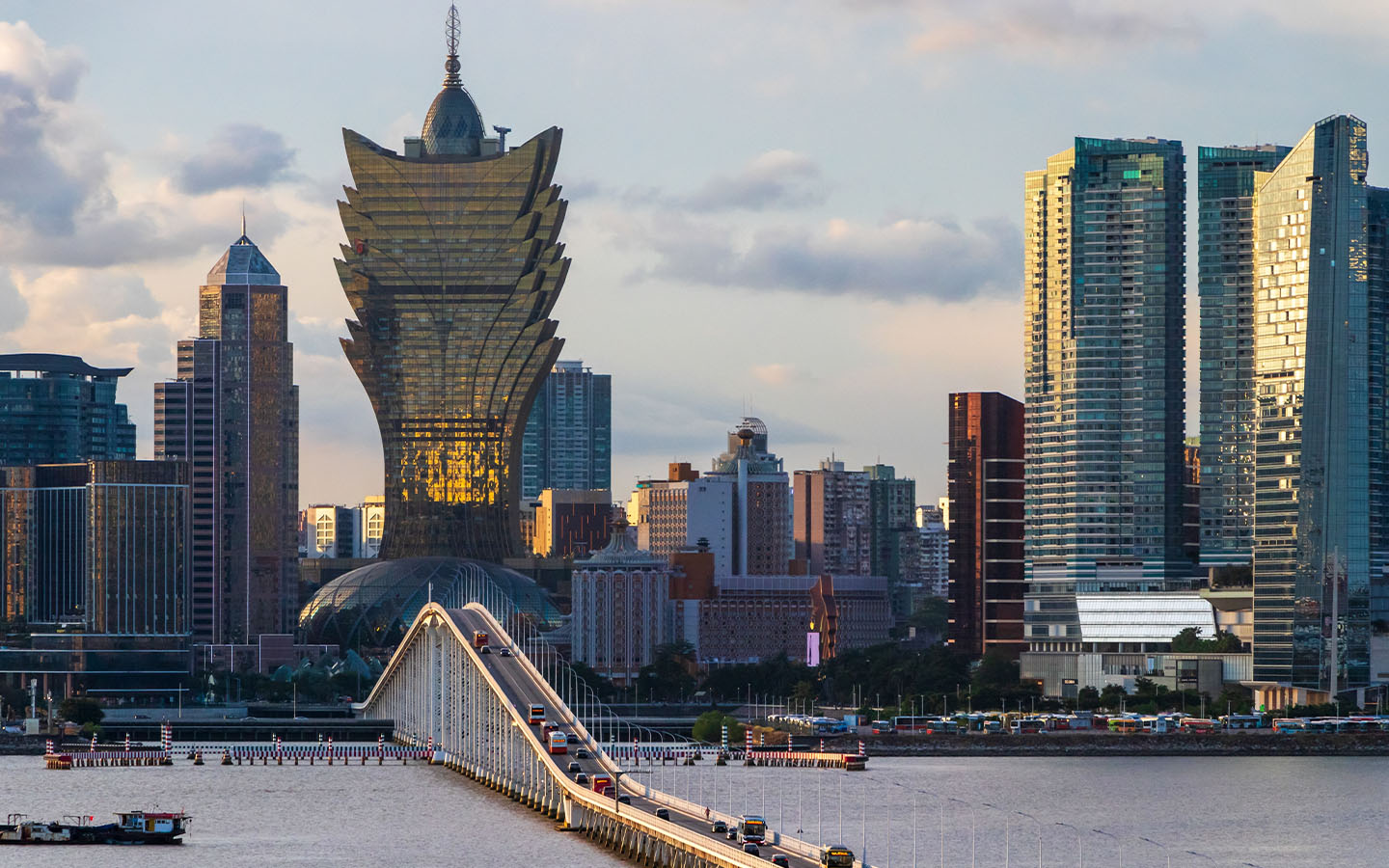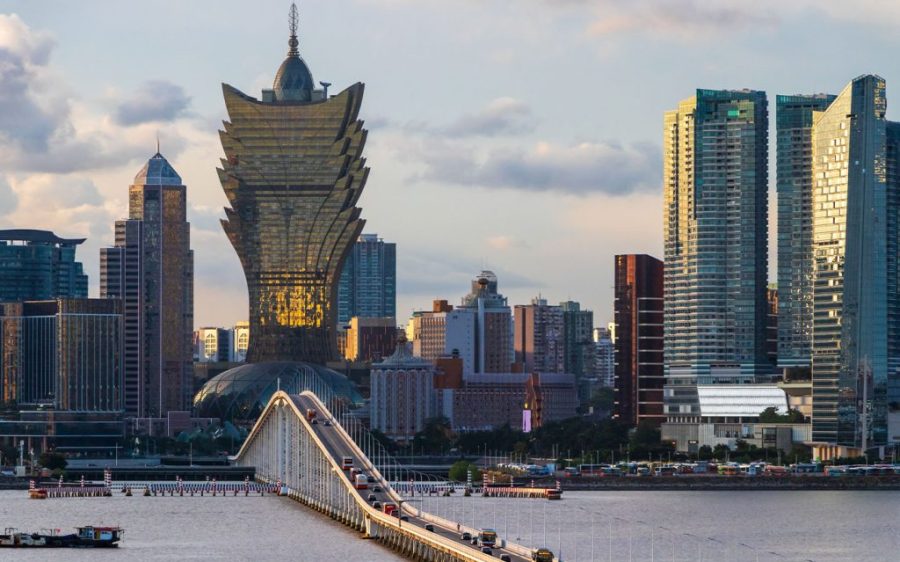Lao Chi Ngai, the head of the Macau Economic Association, says the SAR needs to brace itself for knock-on effects stemming from the impact of US tariffs on the mainland Chinese economy.
In a recent interview with TDM, Lao explained that the tariffs could weaken the yuan, which in turn would diminish the power and desire to consume among mainland Chinese – the single biggest source of visitors for gambling- and tourism-dependent Macao.
Lao pointed out that the weaker yuan could also mean that even more Macao residents will redirect their spending to mainland China, further impacting businesses in residential districts, which have been struggling to lift their sales.
Fluctuations in the stock market are also expected over the next three to six months, according to Pang Chi Kak, the director of wealth management and private banking at the Bank of China’s Macao branch.
[See more: US tariffs will not have a big impact on Macao’s trade, local business leaders say]
Pang urged local investors to be cautious, pointing out that they should “allocate their assets to more stable products, whether it’s principal-protected deposits or money market funds, which offer high liquidity and security.”
Lao expressed a similar view, noting that in the short-term, the trade war would directly affect residents’ personal investment and the central provident fund. Like Pang, he urged residents to practise risk management.
Introduced by US President Donald Trump last Wednesday, the so-called “reciprocal tariffs” impact 185 countries and territories to varying degrees. China has been hit harder than any other nation, slapped with cumulative tariffs that now stand at 104 percent.






